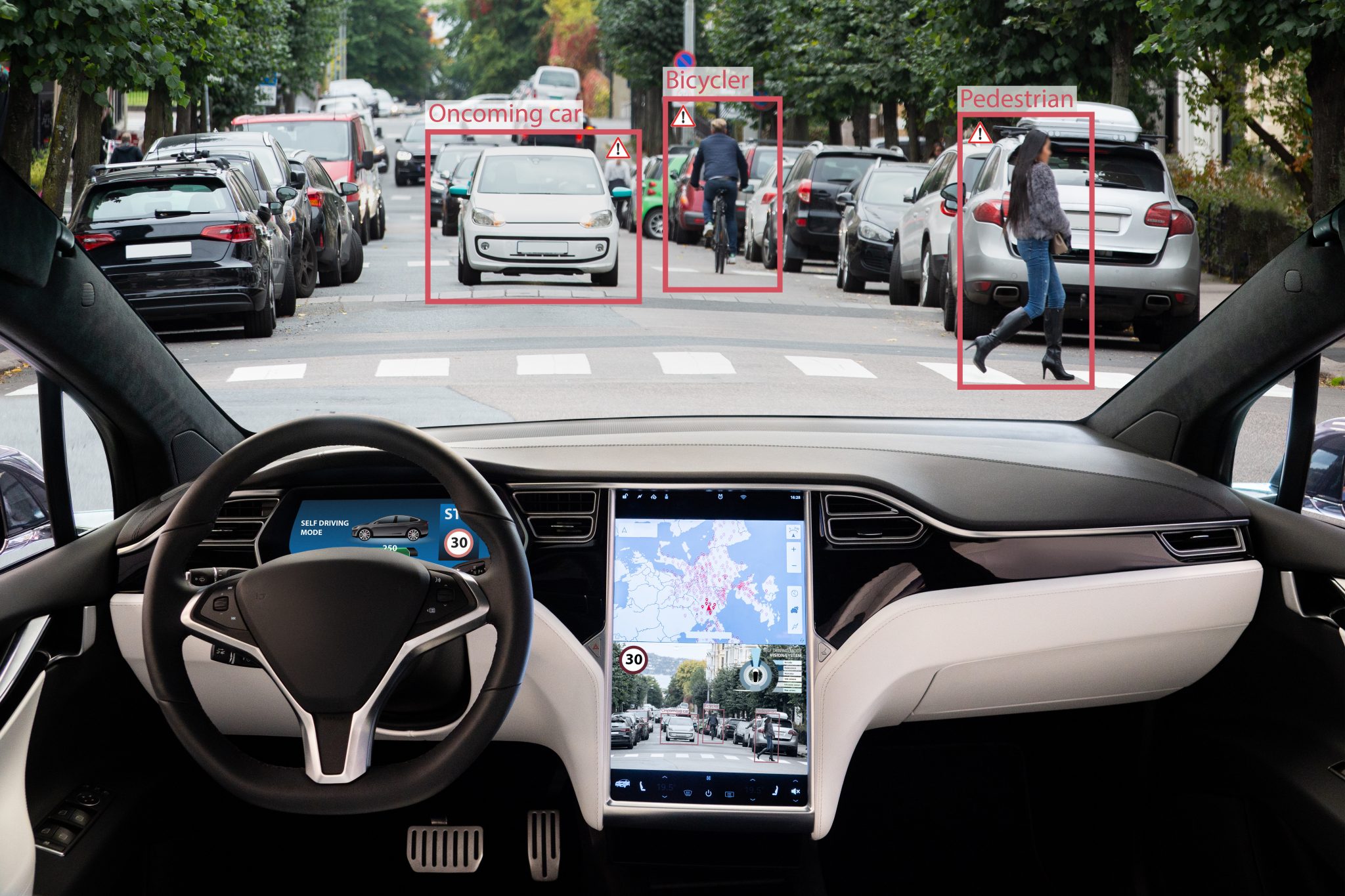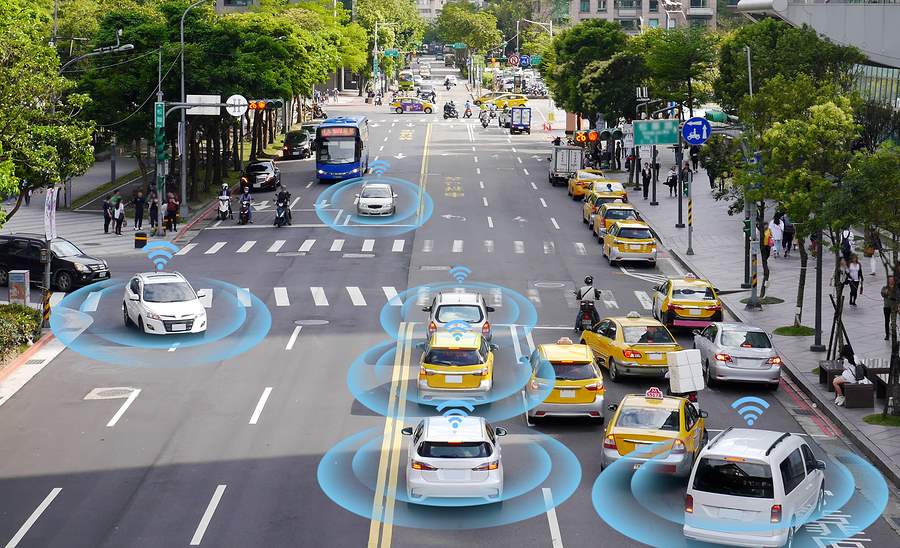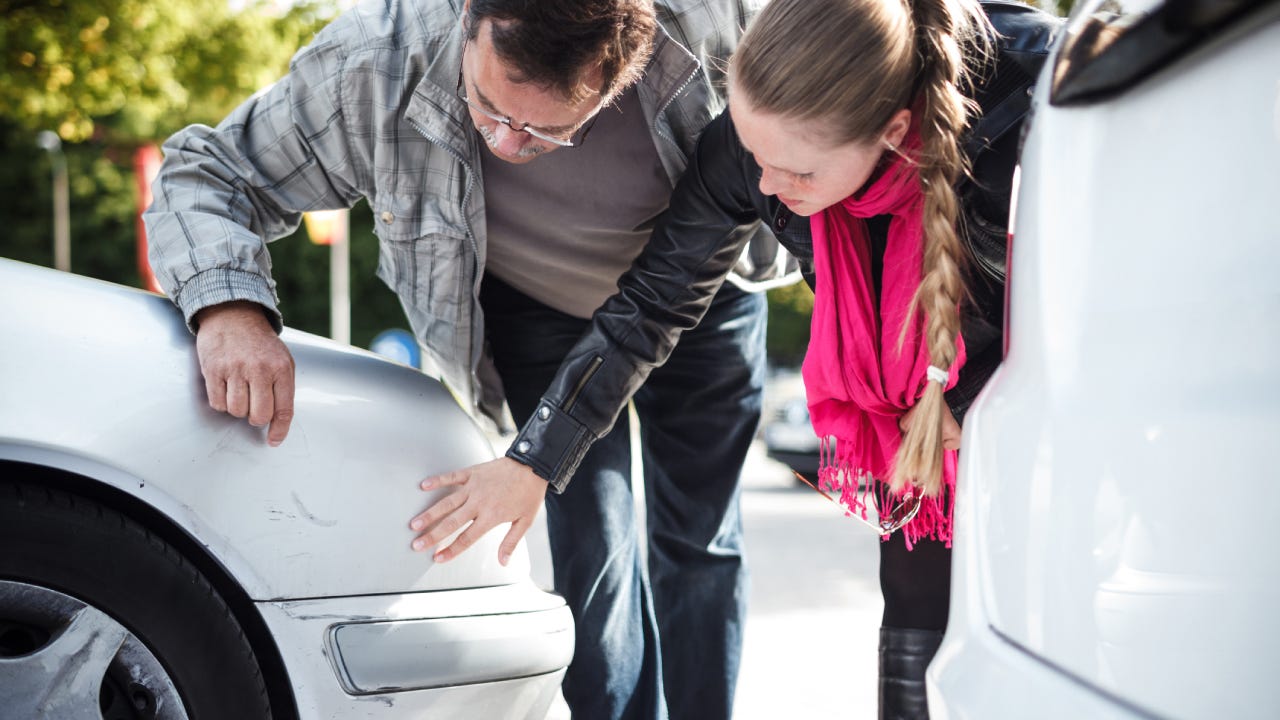
When it comes to driver liability and vehicle safety, regulations are very solid and clear for people that understand the law. Unfortunately, when referring to self-driving vehicles, things get much more complicated. This is especially the case when referring to safety and liability.
How is fault established in car accidents involving self-driving vehicles? A car accident lawyer can help you understand more about the topic. But, the important things to highlight are the following.
Self-Driving Cars Safety Regulation
We do not have federal laws that govern self-driving vehicles. The US Congress was not able to make this happen until now so there is no uniform legislation for such vehicles when it comes to deployment and testing. All we have is a set of state laws. This does include varying responsibility degrees for owners and manufacturers. Two examples of this are visible in California and Arizona.
Practically speaking, this means when you are a victim of an accident that involved self-driving vehicles, there are not many legal options available against vehicle owner or/and manufacturer. Everything will depend on where you live and what state laws apply.
The Human Part Of The Equation
Typically, in a car accident, the driver of a vehicle is negligent. They do something that can easily be highlighted as the cause of an accident, like not respecting traffic signs. This is when the driver that is determined to be negligent becomes liable for damages and injuries.
In some US states, the owner of the vehicle is also liable when he is aware and did give consent for someone to drive. Also, when the crash was caused by a manufacturing defect, the manufactured can be sued due to product liability. Basically, this means there are 3 avenues you can take when you are injured in a regular car accident.

When the car accident involves a self-driving vehicle, there is no driver. This automatically limits your available options. You can only file a claim against the operator, manufacturer or owner of the car.
What few people understand is that self-driving cars are not actually fully autonomous. Technology did not reach that point. Humans are still needed to be able to take over vehicle controls in some specific situations. Alternatively, there is a remote operator needed to monitor vehicle movement and even remotely take control. This means some sort of human liability can be established. However, this is much more complicated than with regular car accident claims.
Proving Fault
Basically, what we have to realize is that there is always some sort of fault for the accident. The problem is that it is often very difficult to identify the parties at fault and who to file the claim against when talking about self-driving vehicles.
The best thing that you can do when injured in a collision with a self-driving car is to hire an experienced car accident attorney. Look for one who had experience with exactly such cases, which is not as easy to find as you might believe. Check out past cases and only hire those that have the actual experience you need in such a complex legal problem.




